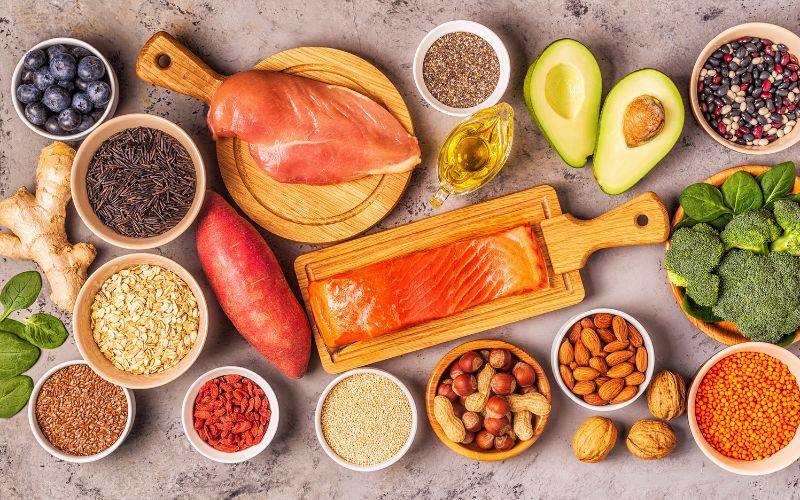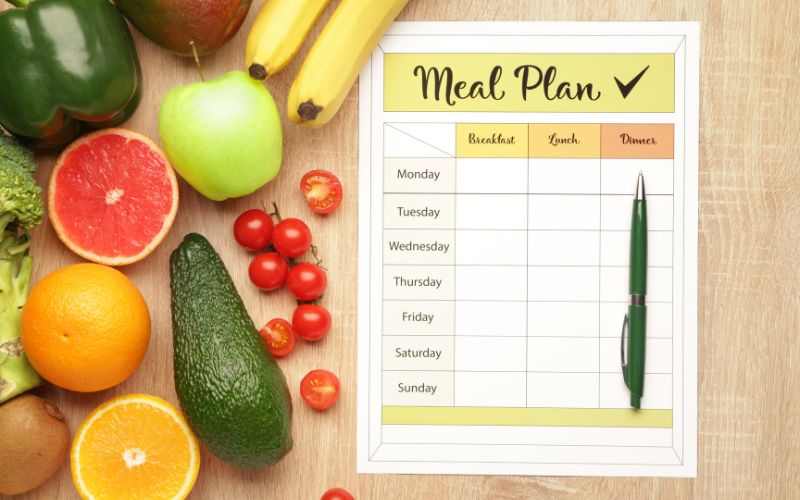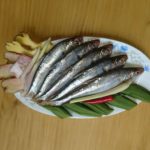There are numerous diet methods that have been researched and published by scientists. Each diet has its own purpose and is suitable for different individuals. For example, there are diets for weight loss, treating illnesses, or simply maintaining a healthy lifestyle. Today, we introduce to you the MIND diet – an intriguing dietary approach.
1. What is the MIND Diet?
 What is the MIND Diet?
What is the MIND Diet?
MIND is a combination of the DASH and Mediterranean diets. According to clinical nutrition specialists at the Watertown Regional Medical Center in Wisconsin, this method helps “reduce the risk of Alzheimer’s disease and maintain long-term brain health.”
Essentially, both the DASH and Mediterranean diets encourage the consumption of plant-based dishes, promote brain health, and enhance memory. By merging these two approaches, professionals have developed the MIND diet.
This diet encourages the consumption of plant-based foods and especially recommends eating more berries and leafy greens instead of animal products and foods high in saturated fat.
2. Benefits of the MIND Diet
 Benefits of the MIND Diet
Benefits of the MIND Diet
Reduces the risk of Alzheimer’s disease: The greatest benefit of the MIND diet is its ability to significantly lower the risk of Alzheimer’s and Parkinson’s diseases. According to a 2018 study published in the Journal of Nutrition, Health, and Aging, this dietary pattern decreases the likelihood of cognitive decline in older adults.
This is attributed to the diet’s encouragement of nutrient-dense foods, which provide the body with essential vitamins and minerals that support brain health and reduce the risk of Alzheimer’s disease.
Provides abundant antioxidants: The MIND diet helps you obtain vitamins and antioxidants from fruits and vegetables such as blueberries, strawberries, spinach, kale, and beans. These nutrients are beneficial for brain development.
Reduces refined sugar and carbohydrate intake: Consuming excessive amounts of refined sugars, white flour, and simple carbohydrates increases the risk of diabetes.
3. What to Eat on the MIND Diet?
 What to Eat on the MIND Diet?
What to Eat on the MIND Diet?
Here are the types of foods you should consume regularly when following this diet:
- Poultry: At least twice a week.
- Fish (salmon, tuna): A minimum of 1 serving per week.
- Whole grains (brown rice, whole-wheat pasta, bread, popcorn, oats): At least 3 servings per day.
- Berries (blueberries, strawberries, raspberries): A minimum of 5 servings per week.
- Nuts (almonds, walnuts, peanuts): At least 3 servings per week.
- Leafy green vegetables (spinach, kale, collards): At least 6 servings per week.
- Olive oil: Use primarily for cooking.
- Wine: Limit to no more than 1 glass per day.
4. What to Limit on the MIND Diet?
 What to Limit on the MIND Diet?
What to Limit on the MIND Diet?
To follow the MIND diet, you should avoid or limit the consumption of the following foods:
- Sweet treats (cakes, cookies, pastries): No more than 5 servings per week.
- Fast food or fried dishes: Limit to no more than 1 serving per week.
- Red meat: No more than 4 servings per week.
- Butter and margarine: No more than 1 tablespoon per day.
- Cheese: No more than 1 serving per week.
5. One-Week Meal Plan for the MIND Diet
 One-Week Meal Plan for the MIND Diet
One-Week Meal Plan for the MIND Diet
You can refer to the following daily meal plan based on the MIND diet. Depending on your personal needs and health status, you can adjust the portions or consult a doctor to build a more tailored plan.
Day 1:
- Breakfast: Blueberry-strawberry smoothie.
- Lunch: Kale salad.
- Dinner: Lentil stew with ground turkey and quinoa.
Day 2:
- Breakfast: Frittata (Italian egg dish similar to an omelet) with vegetables and a slice of toasted whole-wheat bread.
- Lunch: Chicken salad sandwich on whole-grain bread.
- Dinner: Breaded chicken with roasted sweet potatoes.
Day 3:
- Breakfast: Blueberry-banana pancakes.
- Lunch: Grilled chicken sandwich on whole-grain bread with avocado and hummus.
- Dinner: Roasted turkey with cabbage salad and whole-wheat pita.
Day 4:
- Breakfast: Greek yogurt with raspberries and 15 almonds.
- Lunch: Spinach and kale salad with bell peppers, onions, tomatoes, chickpeas, feta cheese, olive oil, and brown rice.
- Dinner: Whole-wheat pasta with chicken and marinara sauce, roasted broccoli, and a side salad.
Day 5:
- Breakfast: Oatmeal with blueberries and chopped almonds.
- Lunch: Grilled chicken, ½ pita bread, kale salad with chickpeas, feta cheese, tomatoes, onions, and olive oil.
- Dinner: Grilled salmon with broccoli and Brussels sprouts (cooked in olive oil), quinoa, and a glass of wine.
Day 6:
- Breakfast: Whole-wheat bagel with peanut butter and blueberries.
- Lunch: Turkey sandwich on whole-grain bread with tomato slices, lettuce, hummus, and baby carrots on the side.
- Dinner: Stir-fried quinoa with mixed vegetables, beans, and olive oil.
Day 7:
- Breakfast: Toasted whole-grain bread with scrambled eggs and a pat of butter.
- Lunch: Spinach salad with strawberries, chickpeas, chopped almonds, olive oil dressing, and a small whole-grain roll.
- Dinner: Grilled salmon with sautéed spinach and 1/3 cup of brown rice.
The above information provides an overview of the MIND diet. Each diet has its own advantages depending on the purpose of dieting and individual health conditions. Therefore, it is essential to consider your specific needs and consult a nutrition expert to develop a suitable diet plan. Wishing you good health!
Source: hellobacsi medical consultation with Dr. Vu Thi Mai Huong, Nutrition Expert



































